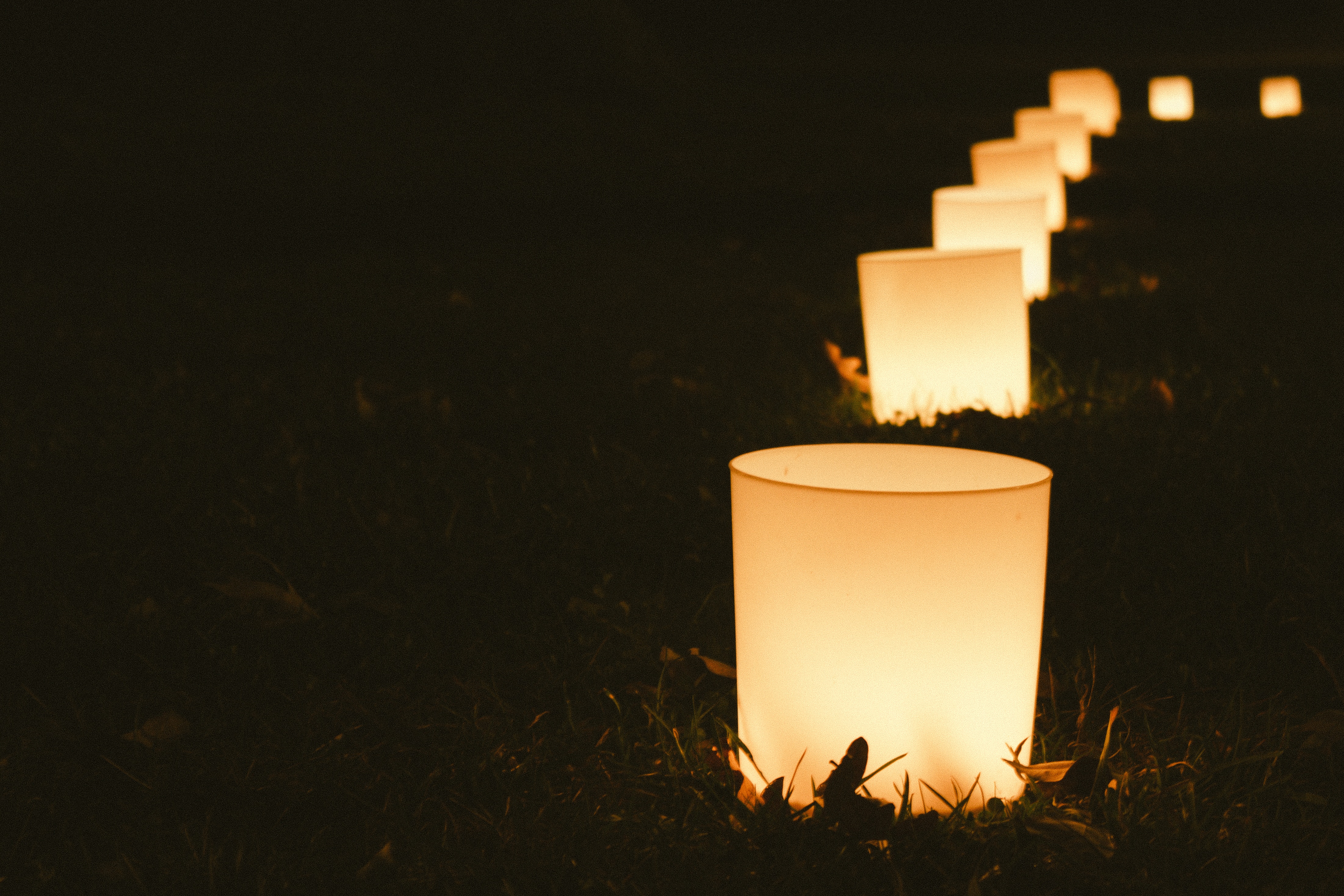Excerpted from the NC Council of Churches Lenten Guide, “Journey to Justice”
Then God said to Noah and to his sons with him, “As for me, I am establishing my covenant with you and your descendants after you, and with every living creature that is with you, the birds, the domestic animals, and every animal of the earth with you, as many as came out of the ark. I establish my covenant with you, that never again shall all flesh be cut off by the waters of a flood, and never again shall there be a flood to destroy the earth.” God said, “This is the sign of the covenant that I make between me and you and every living creature that is with you, for all future generations: I have set my bow in the clouds, and it shall be a sign of the covenant between me and the earth. When I bring clouds over the earth and the bow is seen in the clouds, I will remember my covenant that is between me and you and every living creature of all flesh; and the waters shall never again become a flood to destroy all flesh. When the bow is in the clouds, I will see it and remember the everlasting covenant between God and every living creature of all flesh that is on the earth.” God said to Noah, “This is the sign of the covenant that I have established between me and all flesh that is on the earth.”
Genesis 9:8–17
____________________________________________________________________________________
God is reminded by the rainbow not to flood the world again. “Never again,” says God (Genesis 9:11). Never again.
The story is not always told that way. Sometimes the rainbow is described as a reminder for living creatures of God’s covenant. A beautiful reminder which may bring comfort and hope. But God tells it differently. “When I bring clouds over the earth and the bow is seen in the clouds, I will remember my covenant that is between me and you and every living creature of all flesh,” says God (Genesis 9:14–15).
God’s commitment to remembering covenant promise, indeed to being reminded of covenant promise, provides a powerful, if startling, model of humility. The Psalm for this week heralds the Lord who leads the humble in what is right and who teaches the humble the Lord’s way (Psalm 25:9). “Make me to know your ways, O Lord; teach me your paths,” prays the Psalmist. Those who gather to worship as a covenant people might ask: how do we follow God as a people committed to remembering our covenant promises? What are the promises we have made? How do we remember them?
During Lent, those who follow Jesus into the wilderness have the opportunity to confront temptations that so often lead to breaking covenant. In the wilderness Jesus faces temptations rooted in fear about hunger and safety and power: and Jesus refuses to be moved by these temptations. During Lent, the forty days of flood and the forty days of wilderness, covenant and steadfastness, waters of destruction and waters of baptism, are bound together by the one who proclaims, “The time is fulfilled, and the kingdom of God has come near; repent, and believe in the good news.”
So many of our communities—our families, congregations, neighborhoods, and cities—so much of our world, really, bear the cracks of broken covenant. Yet, bound up in the baptism of our Lord, we are strengthened to stand against the temptations that chip away at our covenant promises to one another, and to Jesus who redeems us. With what sign shall we remember to turn away from destruction, to join God in promising, “never again?”
The Psalmist promises, “All the paths of the LORD are steadfast love and faithfulness, for those who keep his covenant promise and his decrees” (Psalm 25:10). This is the good news: in Jesus we are redeemed so that we may turn from covenant breaking to covenant keeping. In our coming and our going, in our being and our doing, as we rest and as we resist, so may it be.

